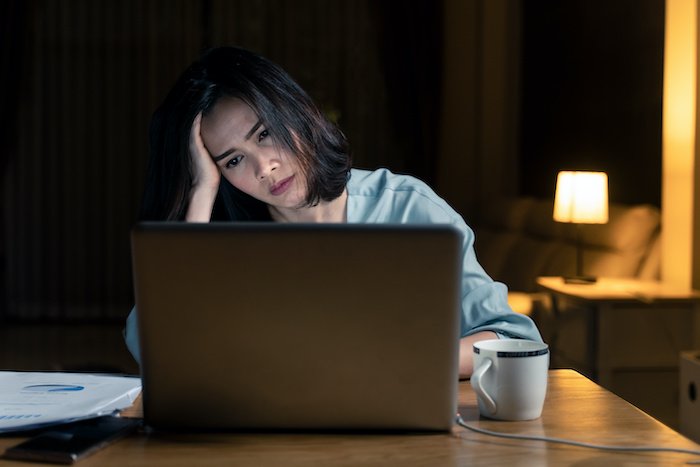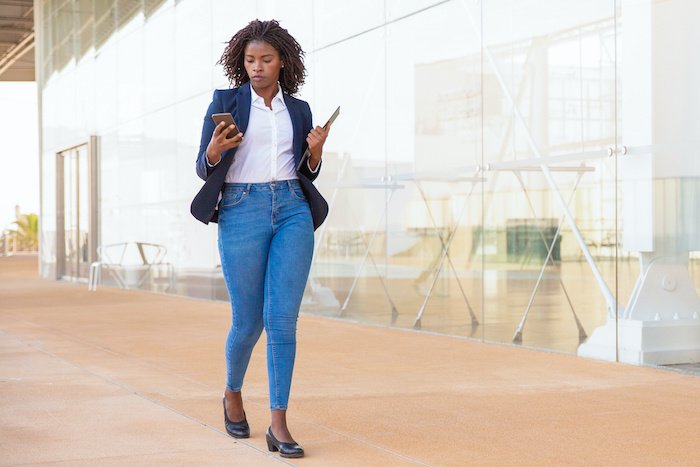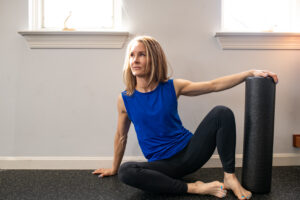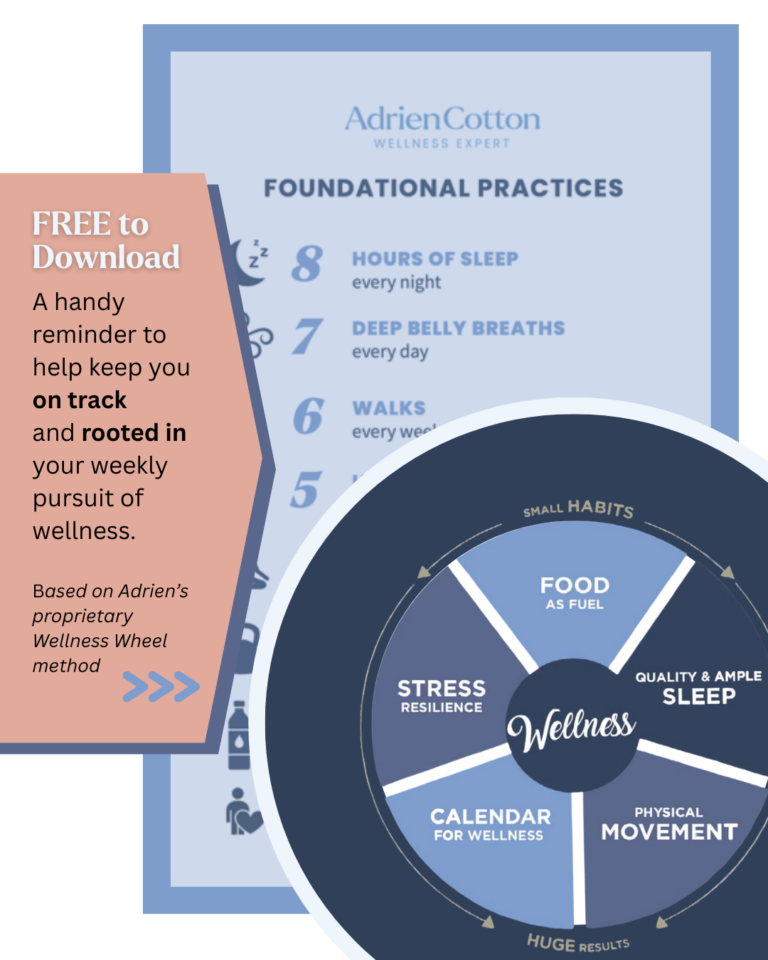Americans now log more time in front of a screen, on average, than we do sleeping.
If you could replace 30 minutes of screen time a few days a week with a brisk walk, workout, or meditation, would you? If you took an inventory of the number of minutes you spend on an average day on your phone, computer, or television, do you believe you’d be surprised?
Most experts realize the nature of our work and home lives during the global pandemic naturally didn’t reduce our screen time. We connect with teachers, colleagues, and loved ones on video now more than ever. Yet it is still quite alarming that we spend more time getting stimulated by an artificial light than we spend recovering from it.
More alarming recent statistics are below:
- On average, a person spends 4 hours and 10 minutes on mobile devices each day
- This is an increase of 20% from 2020 to 2021
- A user clicks, taps, and swipes their phone 2,617 times daily
- 43.5% of users unlock their phones between 51 and 100 times each day
- 87% of users check their smartphone within 1 hour before going to sleep and after waking up, and a lofty 69% of users do so within 5 minutes
We are tethered to our devices – they are an essential part of our lives.

Have you ever misplaced your phone and felt that anxiousness consumes you just with the thought of being “disconnected from the world?” You know that feeling when your phone battery dies, and you immediately drop everything to get the charger?
As a society, we have become addicted to our phones – and frankly, screens of all sizes and purposes. It is where we work, shop, communicate, gamble, and much more.
Many of us have this “fear of missing out” (affectionally known as “FOMO”) which gives us the urge to constantly check our phones, email, social media, digital news articles, etc., so we don’t miss out. We crave the connection and the knowing, much of which is now done through social media and other forms of digital communication.
I think we can all agree that the desire for connection and community is important and a necessary part of being human. Yet there comes a point when your “digital leash” becomes a barrier to achieving the fitness and wellness you desire.
Your “digital leash”…
1) Reduces (and replaces) the amount of time you have/make for wellness and fitness. When we spend our free time, lunch breaks, etc., on our phones, it may feel like we are always “busy.” Yet, that time spent scrolling and checking could be spent on our wellness. Checking emails, checking news, checking in with friends… it’s a never-ending loop that can leave us with little time to spend on our wellness practices.
2) Reduces the quality and/or quantity of your sleep. Blue light from our screens reduces melatonin (the sleep hormone) and stimulates the brain to stay awake – preventing sleep at the onset of the night – or worse yet – awakening in the middle of the night, typically between 1am-3am.
Additionally, the content we “see” can be unsettling. It can be work, family, whatever. Yet we take the last bit of “information” we absorb to sleep with us. So, the last few thoughts, events – whether pleasant like Bambi or unsettling like a last-minute work deadline – are what we take to bed, making for tough nights of sleep, awakenings, frustration, etc., all because the content we last took in wasn’t Bambi.
3) Leads to constantly comparing yourself to others. Comparing ourselves to other’s fitness and wellness is unproductive. It can also lead to more insecurities and negative self-talk.
4) Can make you feel like your time is being “stolen.” The attraction/addiction/obsession of our device causes us to waste our precious time. Imagine if just one of the hours spent on our phones each day were instead used for self-care activities like exercise/movement, meditation, or spending time on a hobby or skill.

Tips:
- Swap 1 to 10 minutes of phone use each day for conscious breathing, walking, meditation, or your preferred “pause” button from the stress of the day. This can even be in thirty-second intervals. Thirty seconds can add up!
- Set reminders to get off your phone or social media after X minutes/hours per day.
- Set time limits on your phone at the beginning and end of the day to serve as reminders it is A) too early or B) too late to be scrolling.
- Check email ONLY at specific times during the day. Try to refrain from email conversations. The stress in your brain remains high while we are on eternal email.
- Turn off your phone at a certain time at night.
- No blue light in your bedroom.
We want to help you (and your team!) take charge of your health and wellness. Here are two ways you can get started today. If you are interested in any of our newest programs, like our latest special for our small group fitness program, email us at alicia@alexandriawellness.com.




